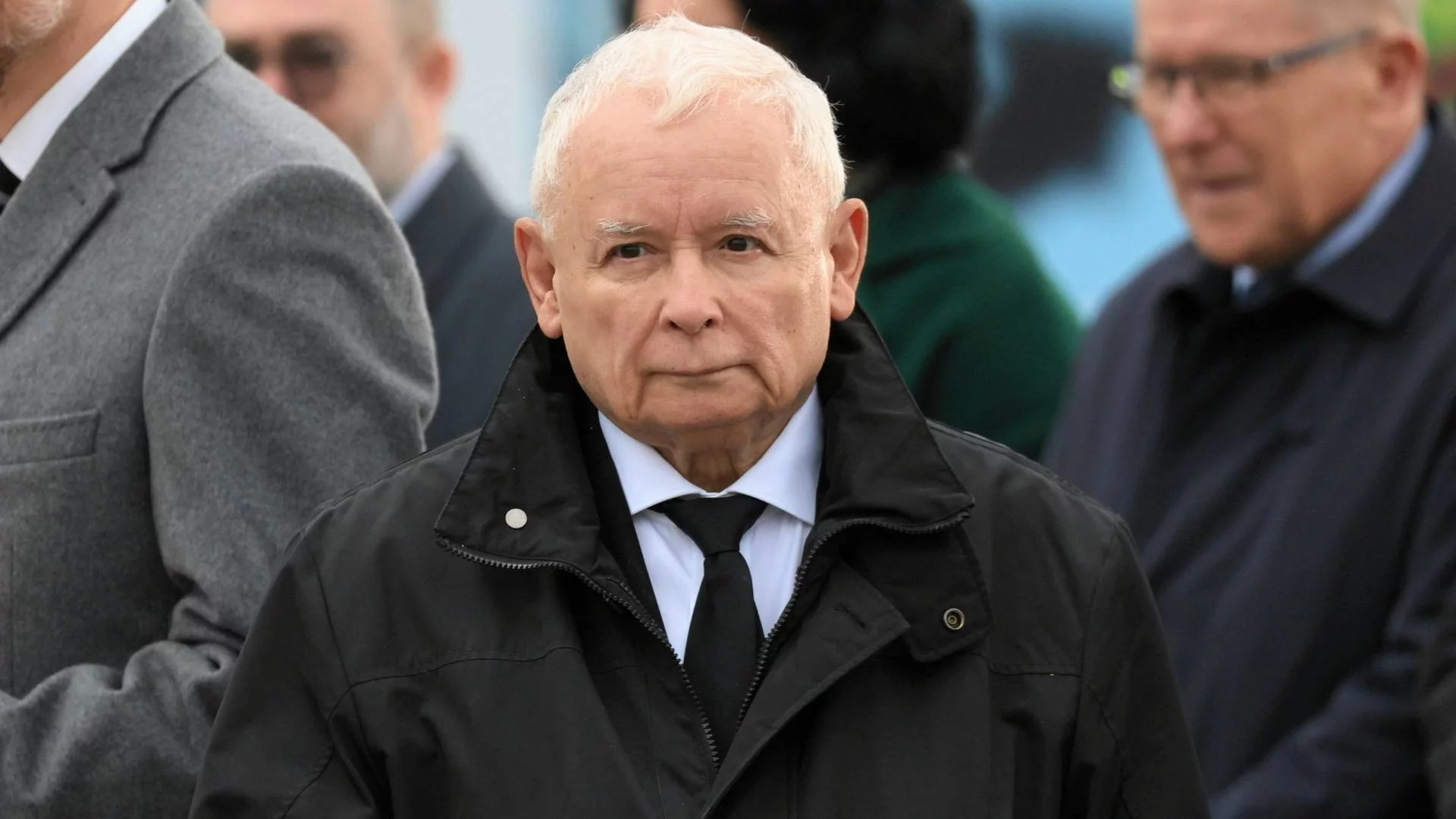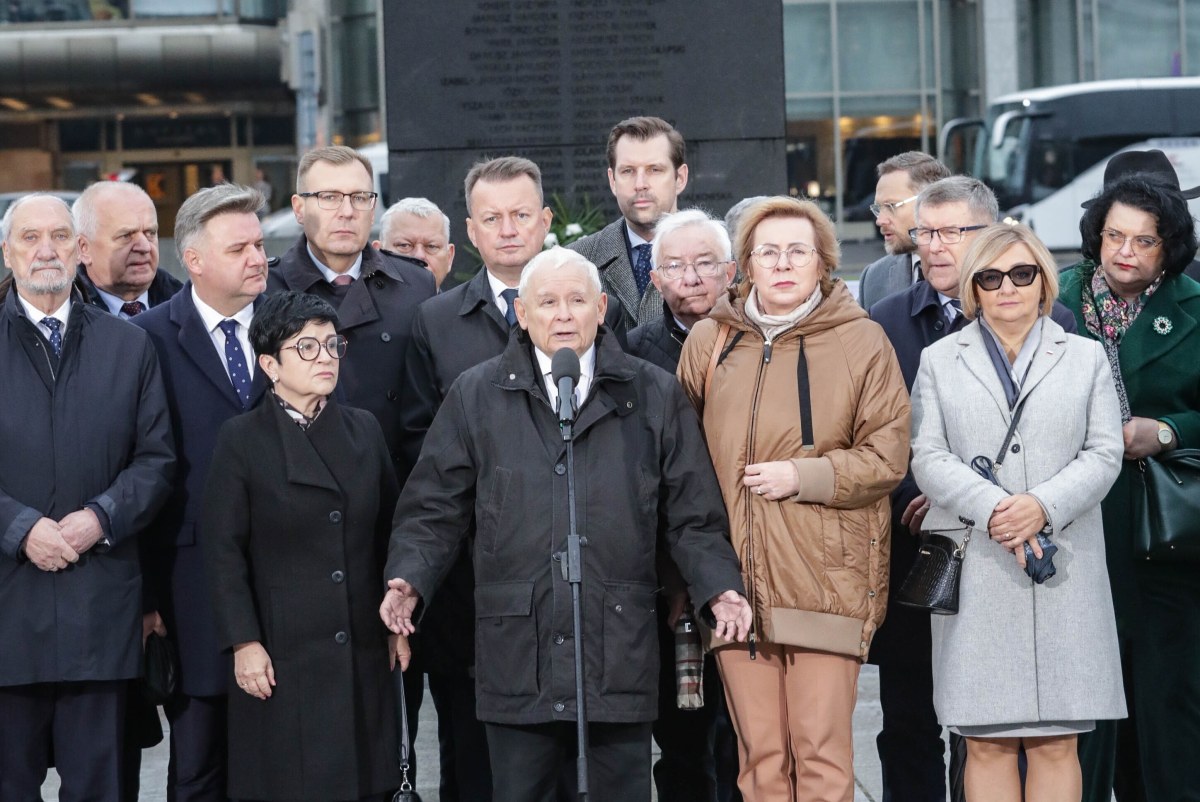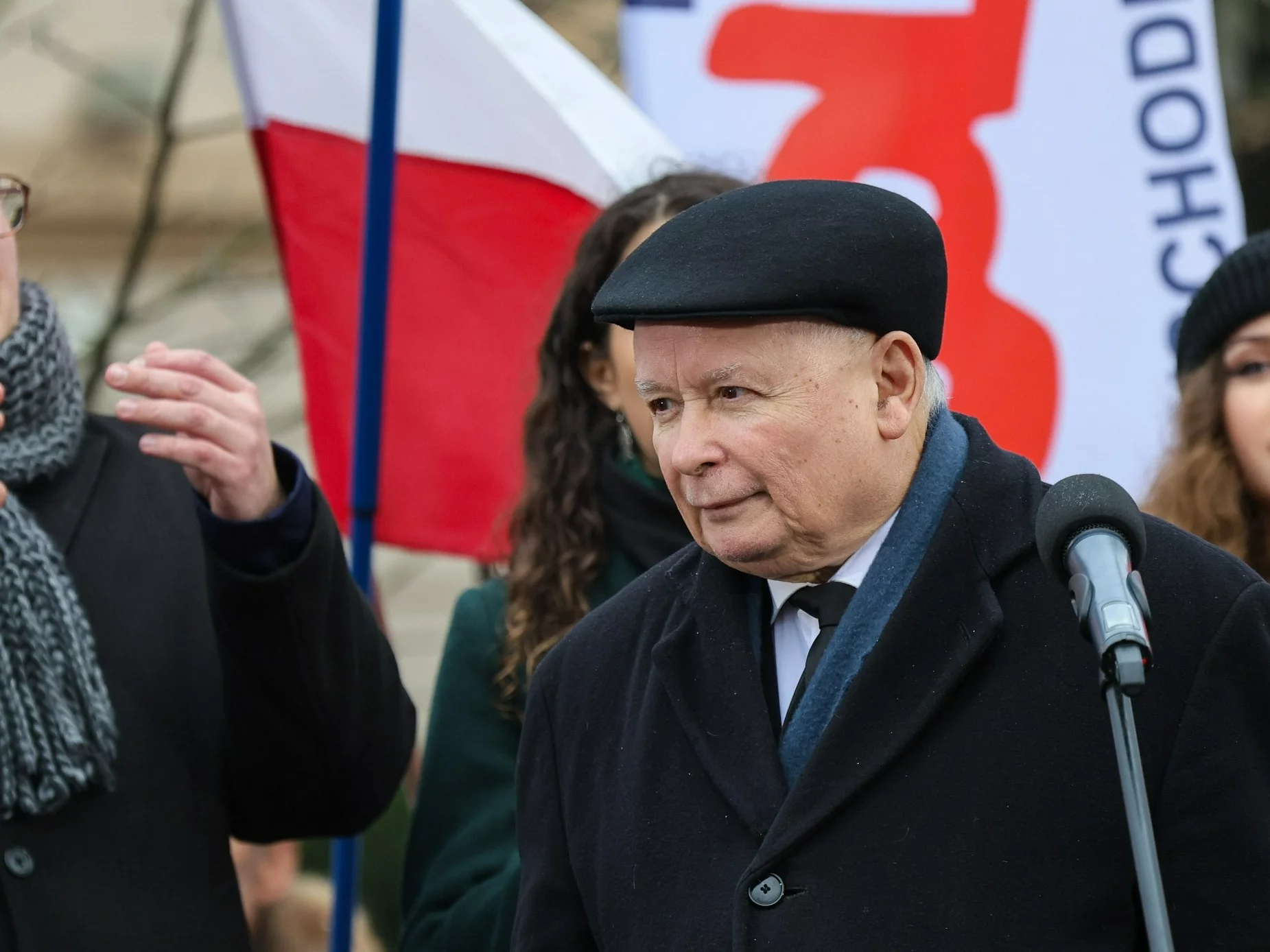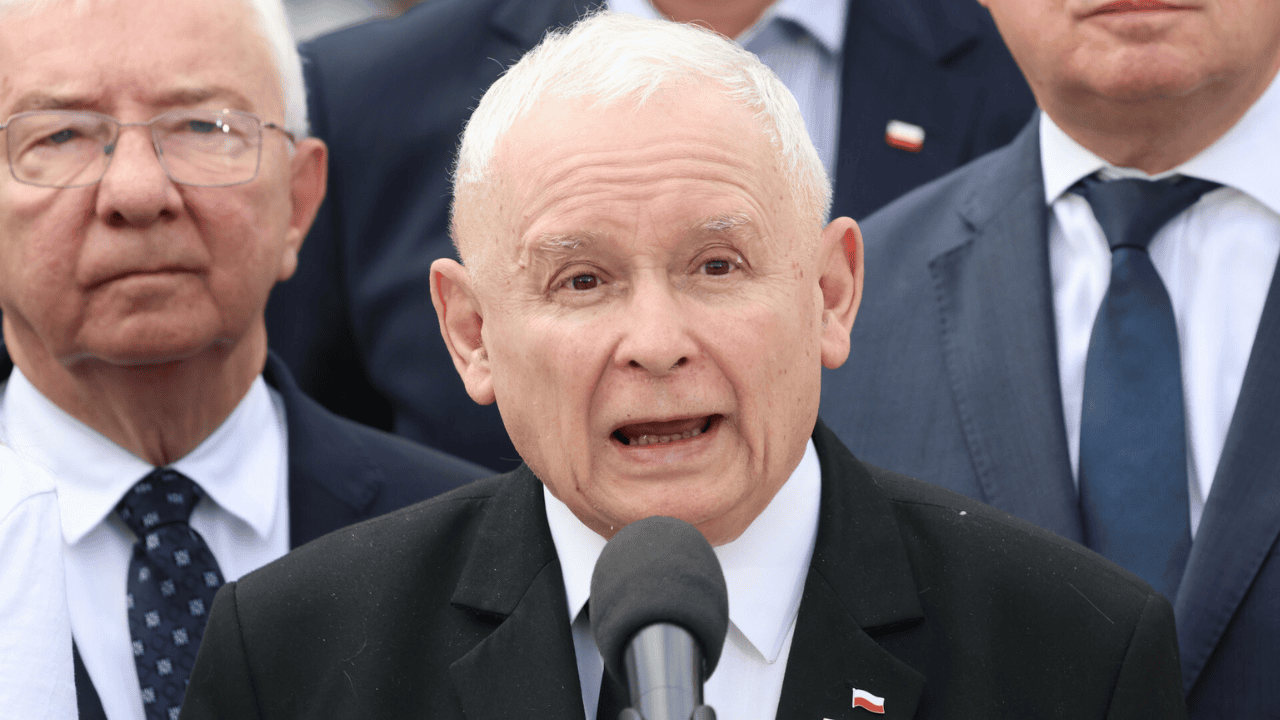
Controversial Aid Plan For Gaza Revealed In New Document, Includes American CEOs & Banks
Via Middle East Eye
The organization set to administer Israel’s controversial plan to take control of humanitarian aid distribution in Gaza will use private contractors to secure hubs where Palestinians will receive 1,750 kcal meals that will cost donors a little more than a dollar each.
Details about the Gaza Humanitarian Foundation (GHF) strategy for Gaza are laid out in a 14-page document circulating amongst aid organizations working on Gaza and seen by Middle East Eye.
The hitherto unknown nonprofit, which was registered in Switzerland in February, has been touted as the umbrella body that will seemingly take over humanitarian operations in Gaza while inviting NGOs to „take advantage” of its „logistics, security and transparency frameworks”.
 Via AFP
Via AFPThe pitch-like document offers detailed information about how the foundation, largely led by Americans and involving a mix of disaster relief, security and financial experts, will operate and how it is organized, though some details appear yet to be finalized. The document is undated.
The new details have emerged as UN agencies and international aid organizations, which have roundly rejected the plan that GHF would administer, reportedly coming under pressure from the US government to participate. Earlier this week, Amnesty Switzerland raised concerns that, based on the information available, GHF could be risking contributing to international crimes through its services.
The Israeli operation appears to already be underway. Israel security cabinet approved its plan on Sunday with satellite evidence emerging on Wednesday suggesting that work has already begun to build the humanitarian hubs from which aid will be distributed.
’New operating model’
According to the document, the foundation says it is offering „a new operating model”, blaming aid diversion, active combat and „restricted access” as reasons why millions of civilians have been left without food, water and other supplies.
It does not specify the blockades on aid that Israel has put in place, including over the past two months, that have led the enclave’s population to the brink of mass starvation. Instead, it says Hamas and criminal organizations have intercepted, taxed and resold aid, and that Israeli „domestic security concerns and political pressure limit Gaza access and drive risk-averse policy toward humanitarian organizations”.
The document repeatedly frames one of the main issues the foundation serves as fixing “eroded donor confidence”, saying it was established to “restore that vital lifeline through an independent, rigorously audited model that gets assistance directly – and only – to those in need”.
GHF says it is set to establish four “secure distribution sites” that will each serve 300,000 people “with capacity to expand past 2 million”. Pre-packaged rations, hygiene kits and medical supplies will be delivered to the sites via armored vehicles “through tightly controlled corridors, monitored in real time to prevent diversion”.
“At just US $1.3 per meal… donors can see immediate, measurable impact,” the document says, later indicating that each meal will be 1,750 kcal.
It is unclear how many meals would be provided daily, though it is suggested that donors might be offered a chance to fund „a family-box” which would contain 50 meals at a time. The World Food Programme aims to provide recipients of food aid with at least 2,100 kcal per day.
The Israeli military will “not be stationed at or near” the sites. Instead, security will be provided by “experienced professionals, including personnel who previously secured the Netzarim Corridor during the recent ceasefire”. The document says aid will be distributed “without regard to identity, origin or affiliation” and „delivered purely based on need, with community dignity and safety as top priorities”.
Some pro-Palestinian advocates have warned over a US-controlled aid scheme, after Trump White House blasted a 'compromised’ UNRWA:
Breaking: Israel has just bombed an aid center in northern Gaza, killing dozens of civilians. In doing so, it paves the way to force the population into submission to the U.S. starvation plan through a private company, ending the role of UNRWA and international agencies. pic.twitter.com/KoUDSCypVa
— Ramy Abdu| رامي عبده (@RamAbdu) May 9, 2025
GHF and its partners are said to be “actively engaging local communities to generate support” for its operations and will train “additional local champions” to expand the programme.
“This effort aims not only to safeguard humanitarian access, but to ethically empower traditional community leaders to reestablish constructive influence supporting the organic restoration of local communities,” the document says.
American executives
GHF’s board of directors includes Nate Mook, the former CEO of World Central Kitchen and a special advisor on Ukraine to the Howard G Buffett Foundation.
It also includes Loik Henderson, who is said to be a legal and business professional with 20 years experience including to Fortune 500 companies; Raisa Sheynberg, a vice president of government affairs and policy at Mastercard who previously led Facebook’s Libra cryptocurrency project and also worked on national security and economic policy for the US government; and Jonathan Foster, founder and managing director of Current Capital Partners LLC.
The foundation will be run by three Americans with disaster relief experience, led by executive director Jake Wood, founder and former CEO of Team Rubicon, a US-based disaster relief organization. Wood is a Marine Corps veteran and the founder of Groundswell, a platform “reinventing employee giving through donor-advised funds”.
Chief operating officer David Burke is a “strategic operations expert” who previously worked at Team Rubicon and is also a Marine Corps veteran.
John Acree, a former USAID official, will serve as head of mission. In addition to experience in disaster response and civil-military coordination, the document notes that he served as “chief of party” on US government contracts in Latin America and the Caribbean worth more than $45m.
An advisory board includes Bill Miller, a former UN and US State Department official, and retired Lt General Mark Schwartz, a former US security coordinator for Israel and the Palestinian Authority. David Beasley, the former governor of South Carolina and former executive director of the UN World Food Programme, is listed as “to be finalised” as a potential board member.
The document suggests that major donors are “invited to nominate additional candidates for board membership”. It also says discussions are underway with “prominent Palestinians” to join the board.
’Every dollar traceable’
The document focuses repeatedly on how GHF will be transparent, saying it has secured banking with US-based Truist Bank and JPMorgan Chase. “Real-time monitoring and beneficiary feedback loop into public dashboards so every dollar is traceable and every outcome verifiable,” it says.
Truist, it notes, has “demonstrated its commitment to humanitarian and disaster relief efforts” including through committing $725m to recovery initiatives in North Carolina after Hurricane Helene last year.
A separate Swiss GHF affiliate is being created “to address donors who would prefer to participate outside of the US structure”.
Goldman Sachs is said to have made a verbal commitment to establish a bank account for the entity “which should be completed shortly”. It also says it is “in the process of retaining one of the world’s most respected audit and assurance firms” to provide third-party oversight of its financial and operational practices, and that it is also in discussion with accounting firm Deloitte.
Tyler Durden
Fri, 05/09/2025 – 21:45








![A gdyby tak rzucić wszystko i wyjechać do Maroka… [zdjęcia]](https://tarnow.ikc.pl/wp-content/uploads/2025/10/ucieczka-do-tangeru-fot.-Artur-Gawle0001.jpg)



